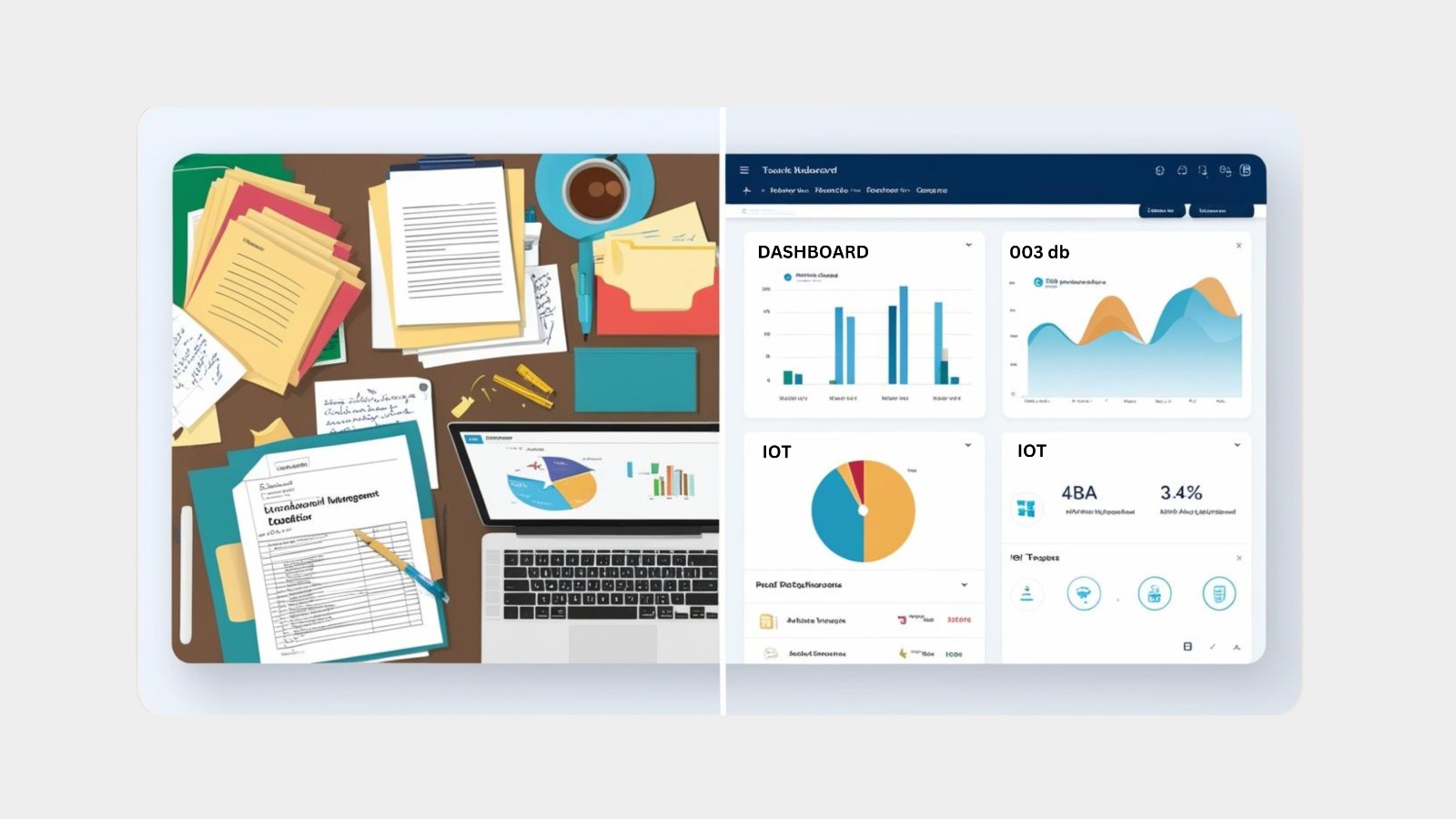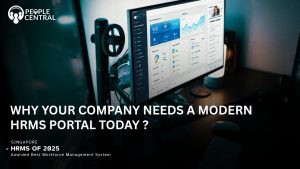In a fast-paced business culture, learning supply chain management (SCM) becomes ever more critical in Singapore. As a major logistics hub linking Asia with the rest of the world, Singapore’s capability in managing SCM will certainly teach valuable lessons for companies of different sizes.
The Singaporean Advantage
Further, with its strategic geographical location, Singapore is literally a natural choice for global supply chain operations. The Economic Development Board (EDB) reports that the city-state accounts for about one-seventh of global container transshipment throughput. This impressive statistic isn’t just attributable to location. Rather, it is due to some really well-established supply chain strategies from which all of us have so much to gain.
Also Read: How Can On the Job Training Improve Employee Performance?
The New Normal: Digital Transformation
Gone are the days when supply chain management meant an avalanche of paperwork or, worse, tracking goods in pen and paper for eternity. In Singapore, the normative change that has transpired is that 78% of manufacturers in the local manufacturing sector, according to the Singapore Manufacturing Federation, have adopted some form of digital solutions within their supply chains since 2020.
Among other things, leading companies are deploying:
- Artificial Intelligence for demand forecasting
- The Internet of Things (IoT) for real-time tracking
- Blockchain for enhanced transparency
- Advanced analytics for predictive maintenance

Fostering Resilience Offered by Diversification
If one lesson is learnt from recent global upheavals, it is the importance of supply chain resilience. The Singapore Business Federation cites the “China Plus One” concept, an approach where enterprises maintain China supply chains while, concurrently, establishing options in countries such as Vietnam and Indonesia.
This is not just about risk management; it is about the wise governance of a business’s model. By diversifying suppliers across Southeast Asia, companies will optimize various cost structures and skills but keep Singapore as the hub.
Also Read: Navigating the CDAC Contribution Rate: A Comprehensive Overview
Supply Chain Management: Sustainability Action Control
The Green Plan 2030 for Singapore thrust sustainability to the forefront of supply chain management. We now experience a remarkable shift toward environmental responsibility that’s becoming a core business strategy, rather than an afterthought.
The Maritime and Port Authority of Singapore reports that firms that have implemented green supply chain practices have enjoyed a 15% reduction on the average of operational costs. These include:
- Route optimization to reduce carbon emissions.
- Reverse logistics for recycling
- Eco-friendly packaging materials.
- Partner with sustainable suppliers
Data-Driven Decision-Making
Through conversations with supply chain managers across Singapore, one theme consistently emerges: it’s all about data. The initiative of Smart Nation has encouraged businesses to tap data analytics for better decision-making.
For instance, PSA International, Singapore’s port operator, uses advanced analytics to optimize container movements and reduce vessel waiting times. The result of this approach via data has led to a 20% enhancement in operational efficiency with fewer costs.
Collaboration and Integration
The best strategies for the supply chain in Singapore are never built in isolation. The Singapore Logistics Association is pushing for more collaborative approaches where businesses share resources and information in order to create a much more effective supply network.
Cloud-based platforms and integrated systems allow real-time information sharing between suppliers, manufacturers, logistics providers, and retailers. This transparency allows for mitigating the dreaded bullwhip effect and in responding quickly to changes in the market.
Looking Ahead
In 2024, the future of supply chain management in Singapore appears to be more technology-enabled and intertwined. The Government Technology Agency projects that by 2025, over 90% of supply chain operations in Singapore will be digitally enabled.
For these companies, the key to enhancing their supply chain management starts with small steps, but big thinking. Start with the digitization of a single offering and, as you see success and learn from it, rather slowly eliminating one barrier after another.
Bear in mind that effective supply chain management is not all about moving products effectively. It is more about providing value at every other stage on the way. In Singapore’s dynamic business landscape, only those that blend innovation into flexibility will be able to thrive.
Whether you are a small business operator or a supply chain professional, the suggestions above provide some insight into how you can build more resilient, efficient, and sustainable supply chains. The supply chain management narrative is being shaped right here in Singapore – and it is looking mighty bright.








 5
5


























